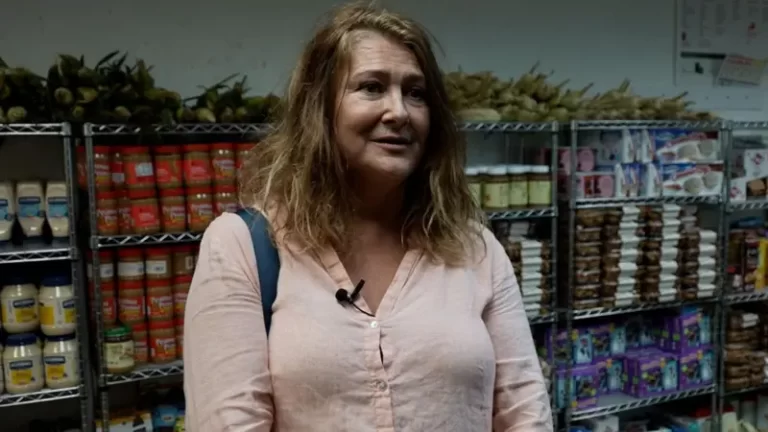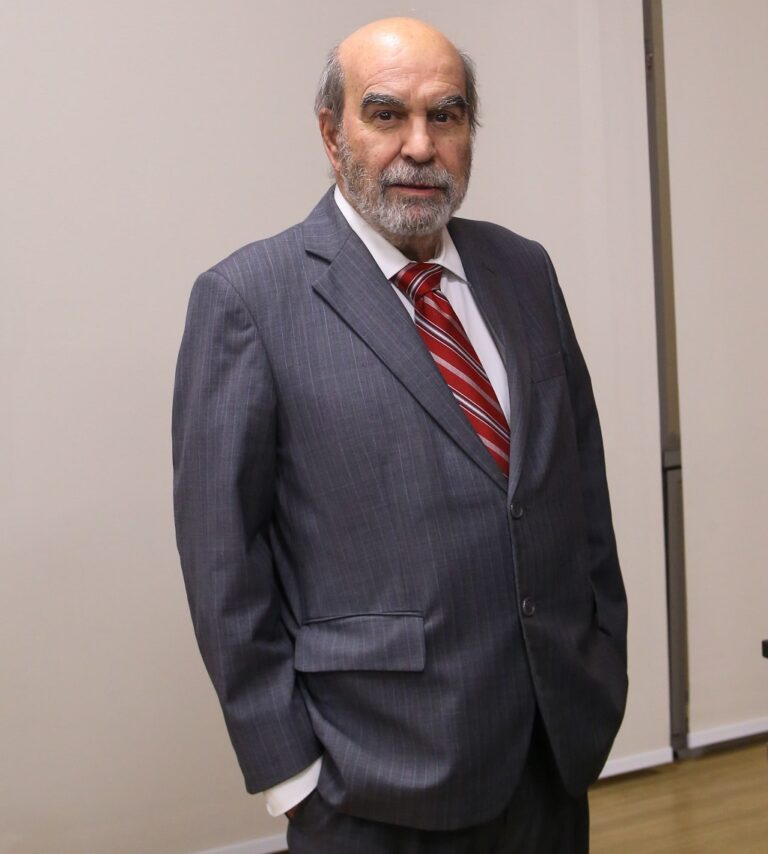José Graziano da Silva | 24/04/2024
The battle against hunger and malnutrition transcends governmental efforts. The indispensable role of civil society in shaping and overseeing public policies is vividly exemplified by Brazil’s experience. Non-state actors must become integral components of the global agenda on this issue.
The current initiative under the Brazilian presidency in the G20, the Global Alliance against Hunger and Poverty (GAHP), epitomizes this inclusive approach. It draws not only from the success of Brazilian policies in eradicating hunger but also aims to cement hunger eradication as a permanent item on the international agenda.
Since 2008, amidst the agricultural price crisis affecting both affluent and impoverished nations, endeavors to combat hunger have pursued global funding sources. Previous G20 presidencies supported the establishment of the Global Fund for Food Security and Nutrition (GFFSN) in 2008, and the Food Security and Nutrition Framework (FSN Framework) in 2013 (here the FSN Framework Implementation Programme). Additionally, in 2008, the G7 initiated the Aquila Initiative, and in 2020, the FAO launched the Food Coalition to address the impacts of COVID-19.
While these initiatives provided ad hoc responses to specific crises, they often lacked civil society involvement, although some sought support from the Committee on World Food Security (CFS).
Brazil’s proposal advocates for a comprehensive approach involving governments, international organizations, and civil society, with open participation for all countries. Brazil’s leadership in this endeavor holds particular significance, as it derives from the success of our public policies rather than mere possession of the G20 presidency.
Our history underscores the potential for ending hunger when political will and social engagement converge. The Zero Hunger Program, initiated by President Lula in 2003, lifted millions out of poverty within a decade, leading Brazil to exit the FAO’s Hunger Map in 2014.
Zero Hunger gained international acclaim, particularly with the launch of the Zero Hunger Challenge by then-United Nations Secretary-General Ban Ki Moon at the Rio+20 Conference in 2012. Subsequently, with the incorporation of Sustainable Development Goal (SDG) 2 to end hunger in the UN’s 2030 Agenda, aptly named “Zero Hunger,” the objective shifted from halving global hunger, as under the Millennium Development Goals before 2015.
Brazil’s proposed Global Alliance seeks to formalize the exchange of best practices, drawing not only from the Brazilian model but also from successful experiences worldwide.
From this enduring struggle, valuable lessons emerge. Notably, eradicating hunger and poverty requires leveraging concrete experiences, sharing successful strategies, and, crucially, engaging civil society.
José Graziano da Silva is the Director-General of the Zero Hunger Institute (Instituto Fme Zero), former Director-General of the Food and Agriculture Organization of the United Nations (FAO) – from 2012 to 2019 – and former Extraordinary Minister for Food Security and Combatting Hunger in the first government of Luiz Inácio Lula da Silva, where he implemented the Zero Hunger Program.



